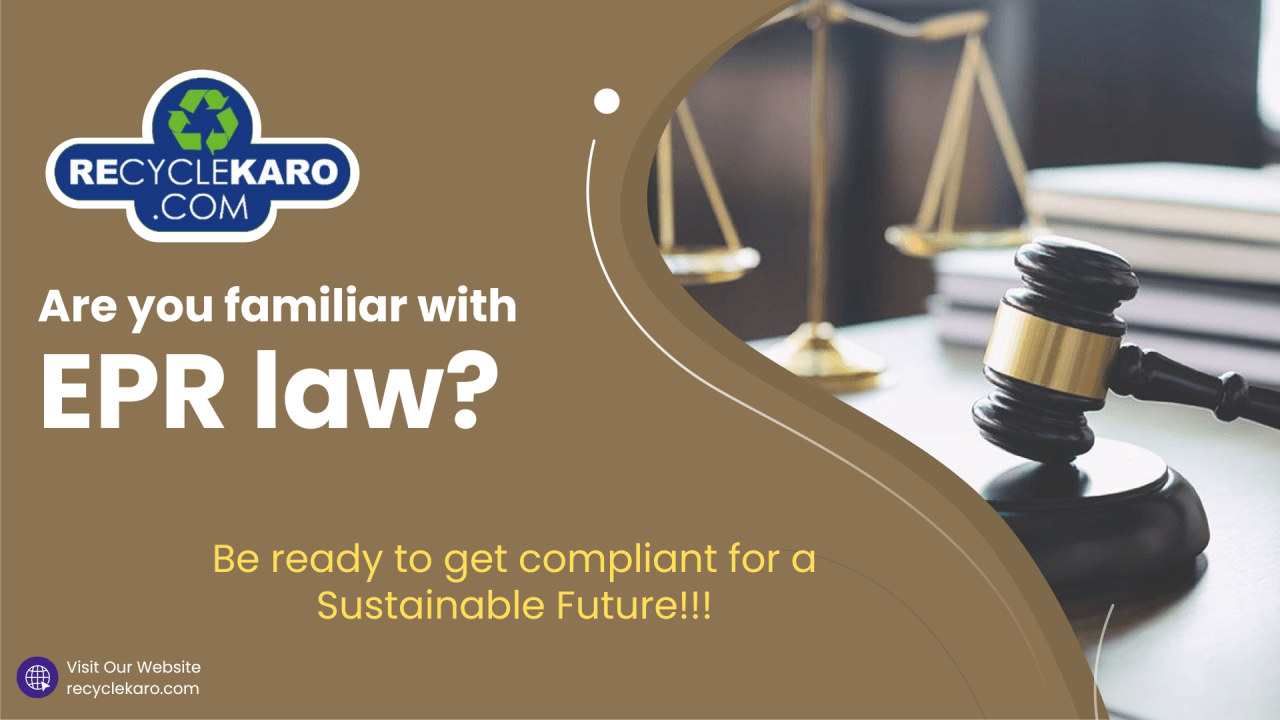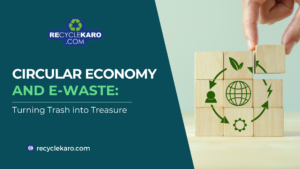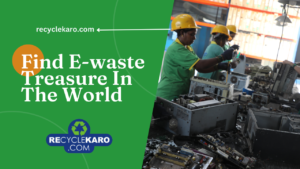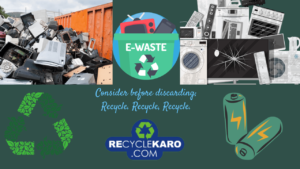How EPR Legislation is Shaping the Future of Sustainable Business Practices

Legislation known as Extended Producer Responsibility (EPR) is having a major impact on the development of sustainable business practices in the future. This is because it transfers the duty of product end-of-life management from taxpayers and governments to manufacturers and producers. Sustainable business practices are being impacted by EPR regulation in the following ways:
Advocating for Sustainable Product Design: The implementation of EPR legislation incentivizes manufacturers to incorporate sustainability principles into the design process, considering elements like material choice, recyclability, and disassembly simplicity. This promotes the creation of products that are designed to have a minimal ecological footprint over the course of their entire life cycle.
Encouraging Resource Efficiency: EPR legislation promotes resource efficiency by mandating that producers assume accountability for the management of product disposal and recycling. To optimize resource utilization, producers possess a vested interest in maximizing the value of materials incorporated into their products while minimizing refuse production.
Market Demand Generation for Recycling Technologies and Infrastructure: EPR legislation stimulates innovation in recycling technologies. Producers are incentivized to allocate resources towards pioneering recycling technologies to effectively fulfil their #EPR responsibilities. This can advance the circular economy by inspiring the development of novel processes for recovering valuable materials from end-of-life products.
Promoting Circular Business Models: Extended producer responsibility (EPR) legislation incentivizes manufacturers to implement circular business models, wherein end-of-life products are engineered for reuse, remanufacturing, or recycling, as opposed to disposal in landfills or incinerators. The adoption of circular practices facilitates the preservation of resources and mitigates ecological harm.
Enhancing Transparency and Accountability of Producers: EPR legislation mandates that producers provide reports regarding their recycling and waste management endeavours, thereby augmenting the level of accountability and transparency pertaining to their business activities. Brands that exhibit a steadfast dedication to sustainability have the potential to bolster consumer trust and confidence, thereby securing a competitive edge within the marketplace.
Promoting Collaboration and Stakeholder Engagement: To develop efficient recycling infrastructure and systems, #EPR legislation fosters collaboration among stakeholders, including producers, governments, recyclers, and consumers. Encouraging stakeholder participation in the development and execution of environmental, social, and governance (EPR) initiatives permits the customization of sustainable business practices to suit the requirements and obstacles of various regions and industries.
In its entirety, EPR legislation is promoting collaboration throughout the value chain and harmonizing economic incentives with environmental objectives, thereby instigating a paradigm shift toward more #sustainable business practices. With the ongoing evolution and global expansion of EPR programs, their significance in promoting the transition to a circular economy and alleviating the #environmental consequences of production and consumption is anticipated to grow.




